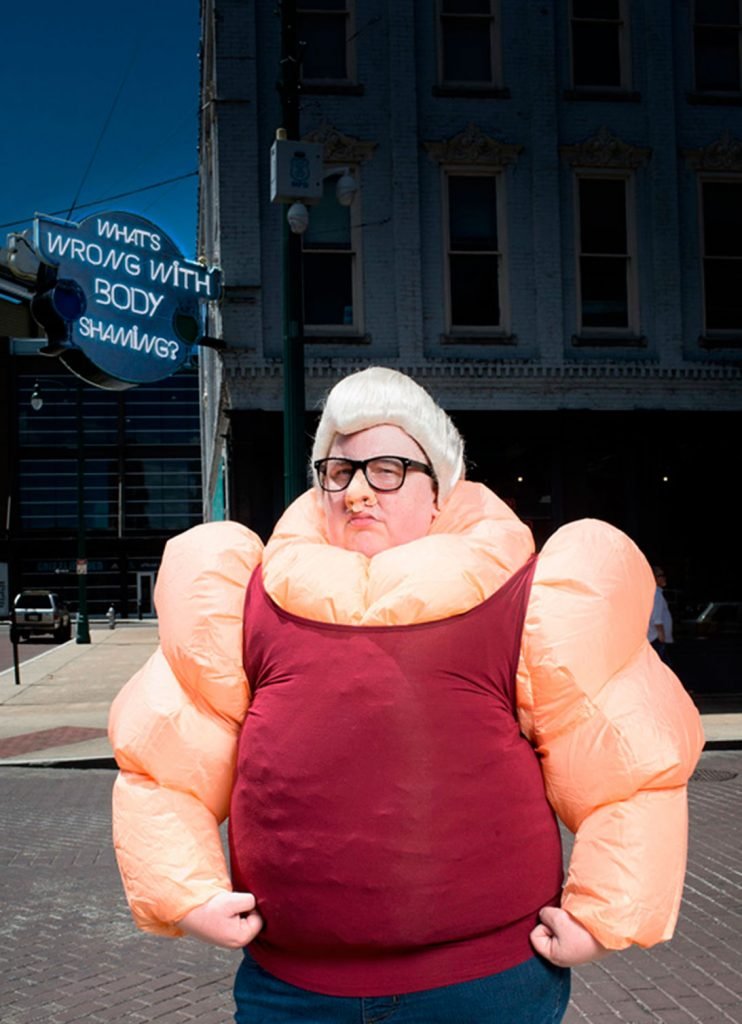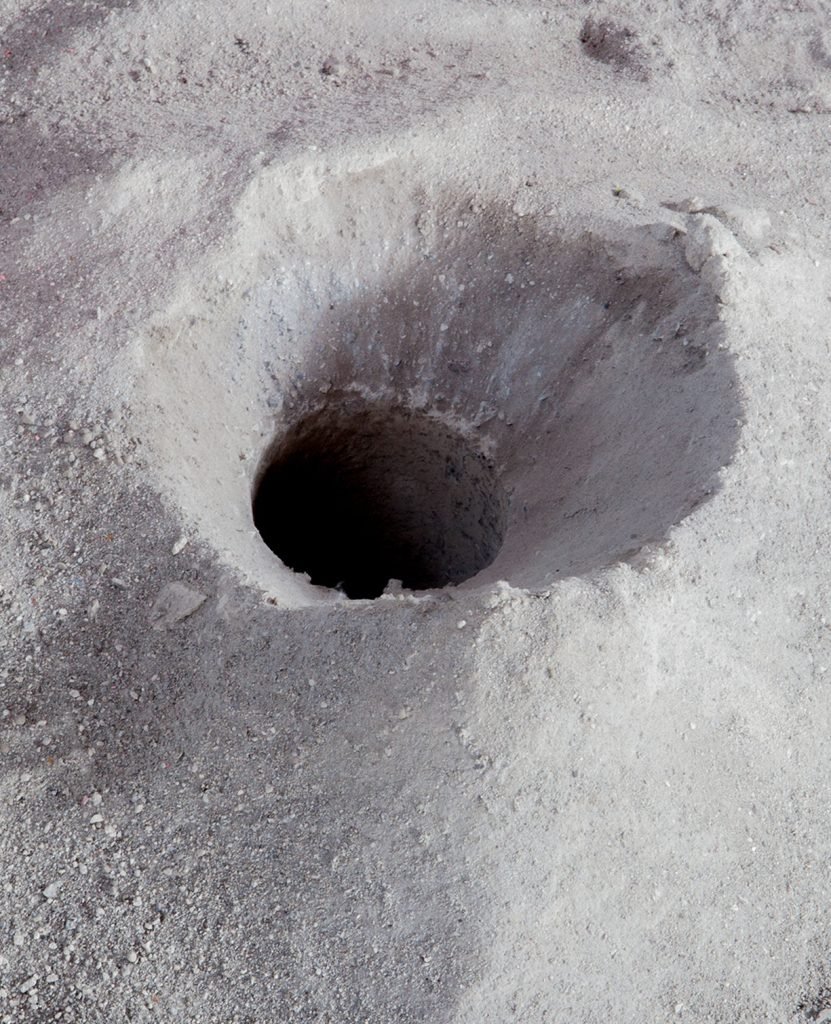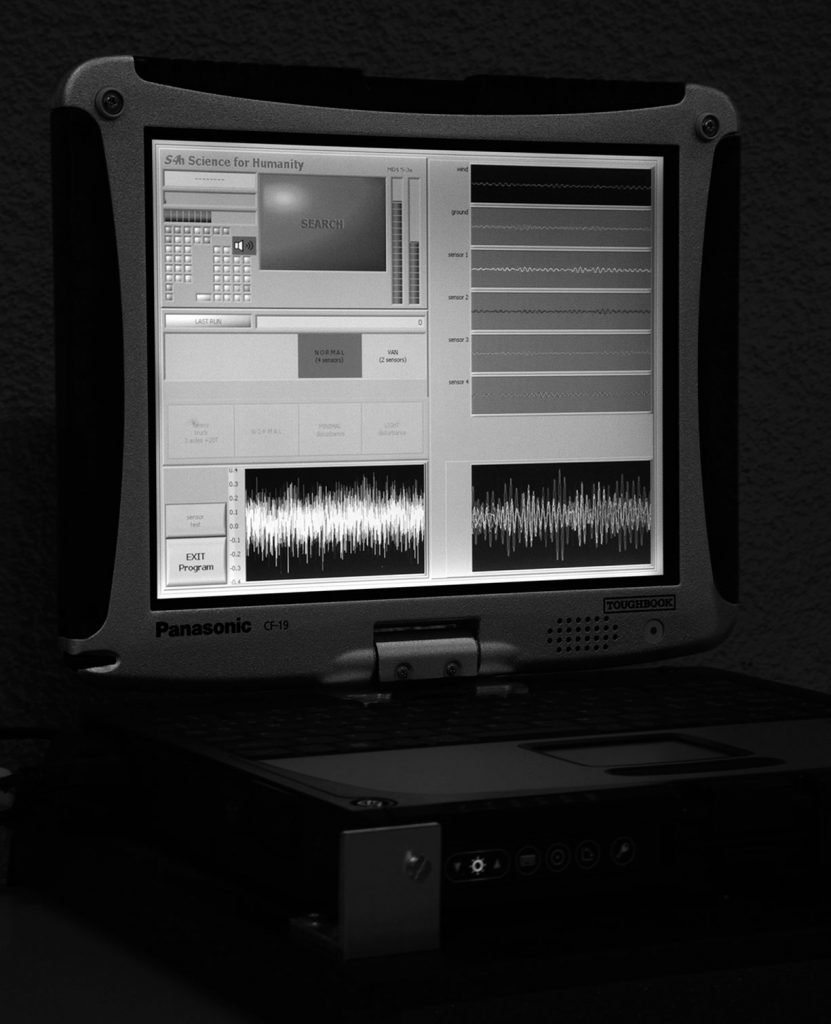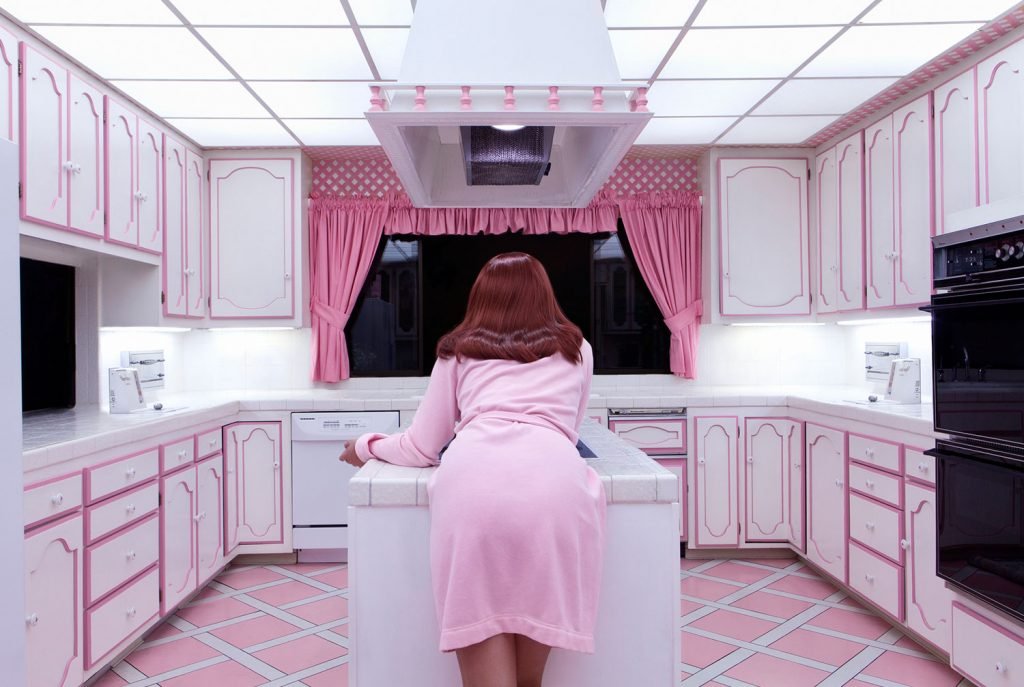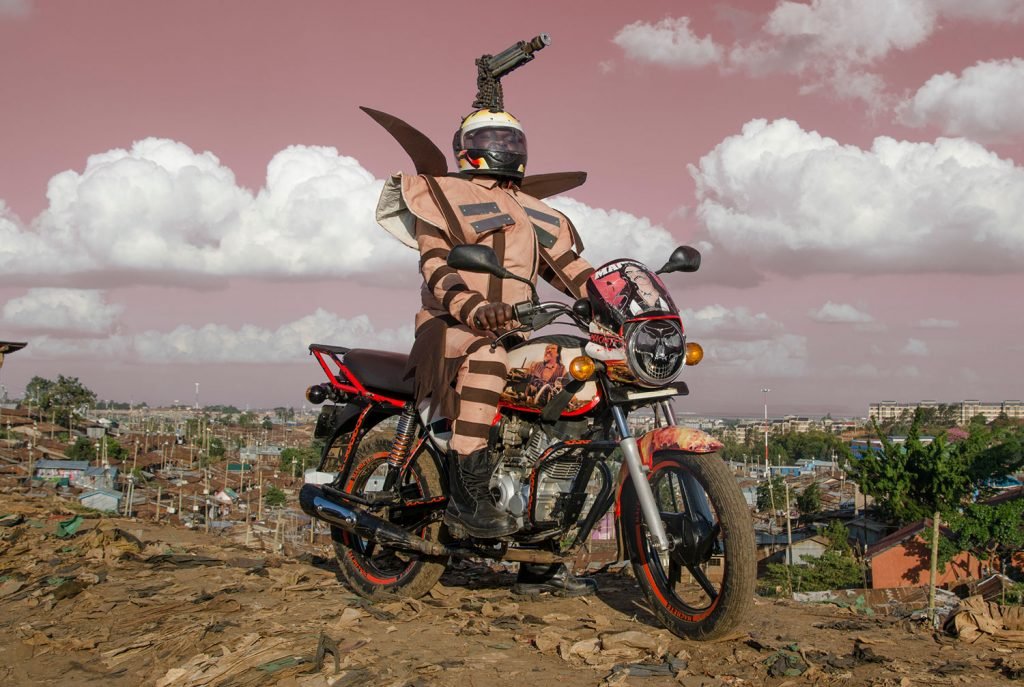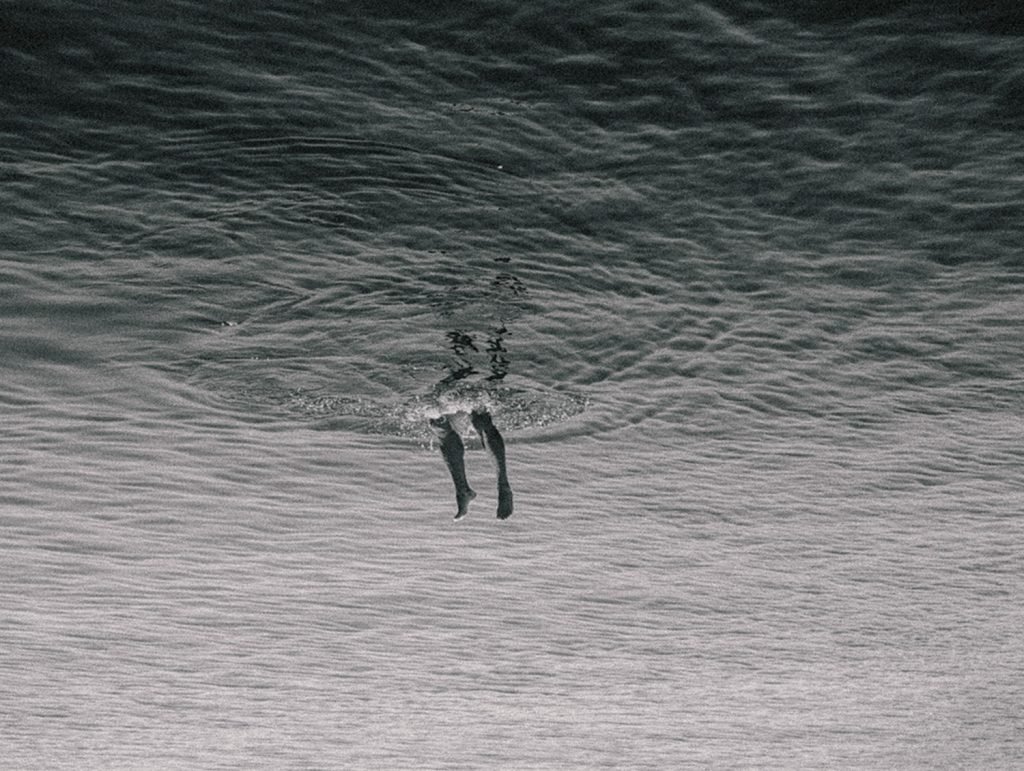Elena Rebecca Rivolta: Hello Monica, GETXOPHOTO is under your artistic direction since 2017, what can you tell us about this journey together?
Monica Allende: It has been an extraordinary collaboration based on a shared objective to learn from each other and evolve previous experiential and curatorial formats. From the beginning, we decided to explore partnerships in the Basque region to test new collaborations aiming at establishing unique dialoguing ecosystems. I was also interested in exploring an educational dimension outside the “obvious” workshop format, so we developed one-off experimental laboratories, to reflect on creative process formats. Also, both GetxoPhoto and I agreed on going beyond just the medium of photography, and we invited digital artists and coders to join the festival to extend the understanding of visual narrative.
ERR: What changes will we see and what will you bring forward in this year’s edition?
MA: On this edition, we have welcomed more digital artists; coders; and a cyborg. These artists use digital languages like social media; virtual reality; AI; and transhuman intervention to raise questions about the ethics of technology. For me, it was necessary on this particular edition to have artists who entirely inhabited the digital world, both as creators and builders of this new landscape. To have these topics addressed from within an altogether digital perspective, rather than from traditional creative mediums.
ERR: Post Homo Sapiens. Programming the Future, theme of GETXOPHOTO 2019, besides being of great interest to us, is a topic of urgent actuality. Would you like to tell us more about the perspective and intentions that motivated the choice of this theme?
MA: I always work on topics which are currently in the public debate and are of interest to the communities where the festivals are hosted; relatable to a broad audience, and from there I branched out into deeper layers.
GetxoPhoto started from a simple question – where are we going?- Created as a trilogy, I intended to address in a straight forward manner the challenges facing humanity from the globalisation, the community and the individual in the digital era. And how emerging digital structures require careful consideration as old ethics’ codes and protocols become obsolete.
The intention is for the everyday person to stop thinking technology is just a tool and decide if digital structures should be regulated or not, or at least to want to be part of the debate.
ERR: Some of the unique aspects of your work are certainly the unconventional layout, the predominantly open air aspect and the final recycling of the images on display. Where does this intention come from and what critical implications does it have in relation to the topics covered?
MA: I am very interested in how we relate to and within the public space. For me, that sense of shared ownership is very motivating. The challenges of exhibiting in those spaces fascinate me, as well as frightens me how willing we are to give away what it is lawfully ours – you wouldn’t give up your home without a fight so why are we prepared to give up on our public space? By continuing to overcome the obstacles of bringing work into the open space, it is a way of me saying; we are still here.
GetxoPhoto has a clear philosophy of “small and well done” focusing on the quality of the festival, as well as renovating itself and exploring new formats to evolve keeping the dialogue with its audiences fresh and organic. Recycling and reusing the exhibitions are very much part of their DNA, working on ideas and creativity minimising its carbon footprint impact and cost.
ERR: For thirteen years the festival has been engaging in dialogue and establishing collaborations with the Basque territory, with various cultural agents and different institutions. It has also carried out a strong defense of the public space as a meeting, enjoyment and reflection place. How are the city of Getxo and the Basque Country responding to your stimulation? Have you developed a solid cultural network?
MA: GetxoPhoto is highly regarded among organisations in the Basque Country, appreciated for its quality and professionalism.
I think GetxoPhoto could place a vital role in the relationship of distinct cultural organisations in the Basque Country, bridging the gap that often exists in between traditional cultural institutions and artists’ collectives to help strengthen the cultural landscape.
ERR: This year, for the second time, your Open Call has had an absolutely positive outcome. The jury, composed by you, Emilia van Lynden, Fiona Shields, Elena Navarro and Azu Nwagboug, found itself having to expand the number of winners (already increased compared to the last and first edition), precisely because of the high quality of the works. Do you want to say something about this success?
MA: The open call has been incredibly successful and so challenging to judge as the quality of the work was phenomenal. It is encouraging to see work of such a high standard just on one thematically restricted topic. But we need platforms to publish, exhibit and distribute it, and there is a need for new business models to sustain the artists to keep creating, this is what worries me, and I think about it constantly. How can we keep the conversation alive and influence public debate if an artist can’t produce due to lack of funds.
ERR: GETXOPHOTO works with a different curator every three years and this is your last year. On a personal and professional level, can you tell us what you have left of this experience and how, compared to other experiences of your brilliant career, this Festival stands out from other realities?
MA: My post GetxoPhoto evaluation is long and will take even longer to be summarised and processed. None of my work is just one more professional project, is a process of personal development and discovery, always new, always changing and even painful at times. There are common trademarks in how I approach my work, social justice dialogue, inquisitiveness into human conditions, and trying to understand the collective and what it means from my individualistic perspective — also trying to embrace the vulnerability and uncertainty that comes from constantly changing and not having a “one fit all template” approach to my practice. And to keep learning and being open to other’s views to stop the toxic single-mindedness of dominant narratives. At GetxoPhoto I had the opportunity to reflect further on issues of personal identity, sense of belonging and being the “other” which has been invaluable to add to my expanding thought bag.
